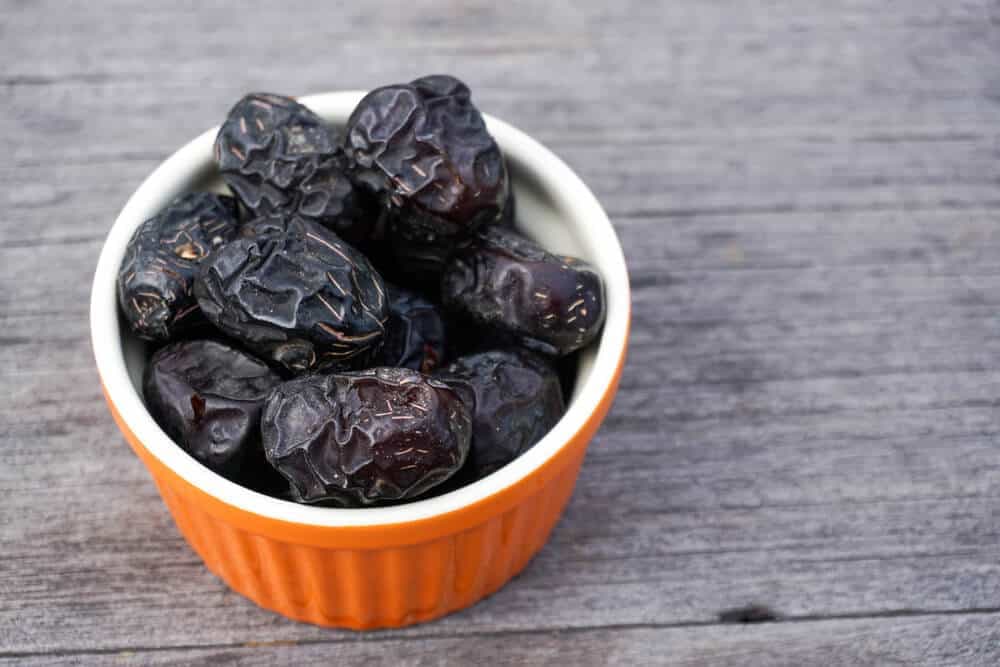
Kedai Kurma: Future of Cultivation & Processing
Defining Kedai Kurma: A Marketplace for Dates
In many regions, particularly in the Middle East and North Africa, “kedai kurma” refers to a marketplace or shop specializing in dates. These establishments offer a wide variety of dates, both fresh and dried, showcasing the diversity and cultural significance of this beloved fruit. Now Let’s see how date palm cultivation and processing help dates sellers to have a comfortable selling experience.
Understanding Date Palm Cultivation and Processing
Date palm cultivation has a rich history spanning thousands of years. This ancient practice involves the planting, nurturing, and harvesting of date palm trees to obtain the delicious and nutritious fruits known as dates. Cultivation methods have evolved over time, but the fundamental principles have remained the same.
Date palm processing refers to the various techniques used to clean, sort, and package dates for distribution and consumption. This stage is crucial in ensuring the quality, shelf life, and marketability of the dates.
The Future of Date Palm Cultivation and Processing: Technological Advancements
With the rapid advancement of technology, the field of date palm cultivation and processing is poised for significant innovations. Here are some potential advancements that we may see in the future:
1. Precision Agriculture and Smart Farming:
Precision agriculture utilizes technologies such as remote sensing, GPS, and drones to monitor and manage crops more efficiently. In the context of date palm cultivation, these technologies can be used to optimize irrigation, detect diseases and pests, and assess crop health. Smart farming systems can automate various processes, improving productivity and resource management.
2. Genetic Engineering and Breeding:
Genetic engineering and breeding techniques offer the potential to develop date palm varieties with enhanced traits. Scientists can explore methods to improve disease resistance, increase yield, enhance nutritional content, and modify the fruit’s characteristics to meet consumer preferences. These advancements can lead to more resilient and commercially viable date palm cultivars.
3. Controlled Environment Agriculture:
Controlled environment agriculture (CEA) involves growing crops in indoor or protected environments, optimizing conditions such as temperature, humidity, light, and nutrient supply. Applying CEA to date palm cultivation can extend the growing season, reduce water usage, and protect the trees from extreme weather conditions and pests. Vertical farming and hydroponics are potential CEA techniques that can be explored.
4. Sustainable Practices:
As the global focus on sustainability increases, the future of date palm cultivation and processing will likely involve more sustainable practices. This may include the integration of renewable energy sources, efficient water management systems, organic farming methods, and the use of biodegradable packaging materials. Sustainable practices not only benefit the environment but also align with consumer demands for ethically produced and eco-friendly products.
Conclusion
The future of date palm cultivation and processing holds great potential with the integration of technological advancements. Precision agriculture, genetic engineering, controlled environment agriculture, and sustainable practices are just a few areas where innovation can revolutionize the industry. These advancements have helped Kedai kurma. They have the potential to improve productivity, enhance crop quality, and ensure the long-term sustainability of date palm cultivation. As we embrace the future, it is essential to balance innovation with the preservation of the rich cultural heritage associated with this ancient practice.
Key Highlights
– Date palm cultivation and processing are ancient practices with a rich history.
– Kedai kurma refers to a marketplace or shop specializing in dates.
– Technological advancements such as precision agriculture, genetic engineering, controlled environment agriculture, and sustainable practices hold potential for the future of date palm cultivation and processing.
– These innovations can improve productivity, enhance crop quality, and ensure sustainability.
– Balancing innovation with the preservation of cultural heritage is crucial in shaping the future of the industry.